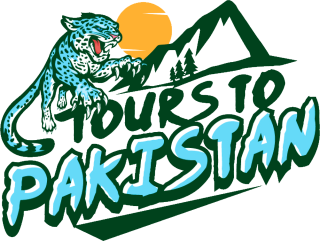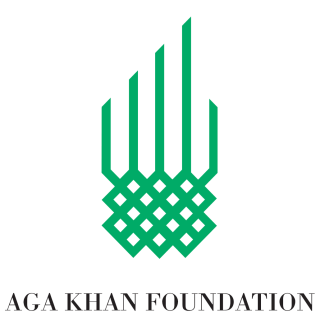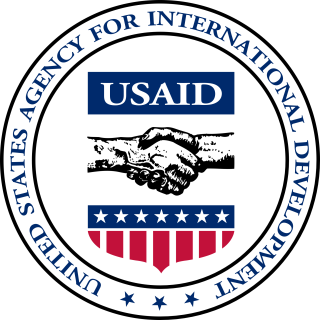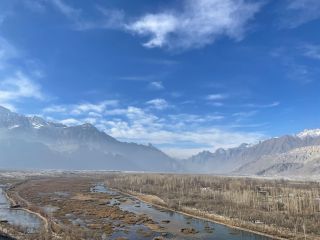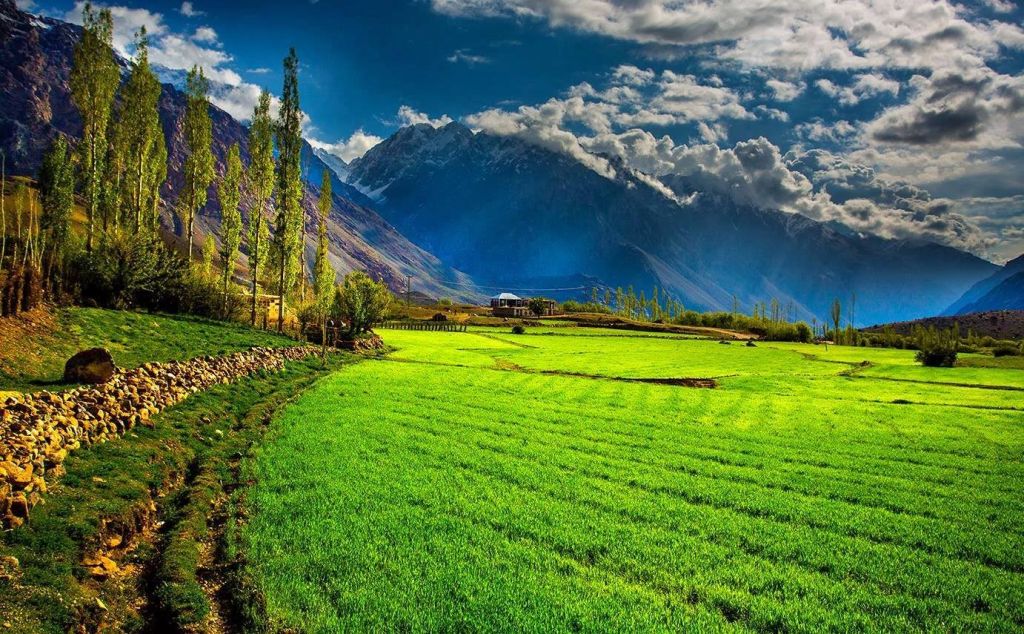
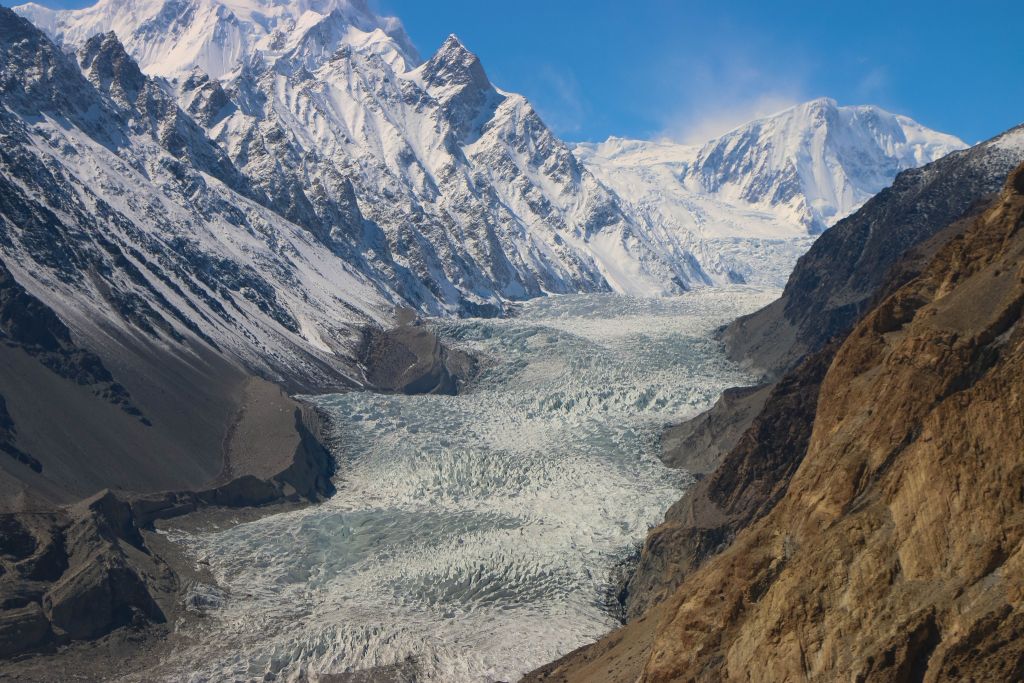
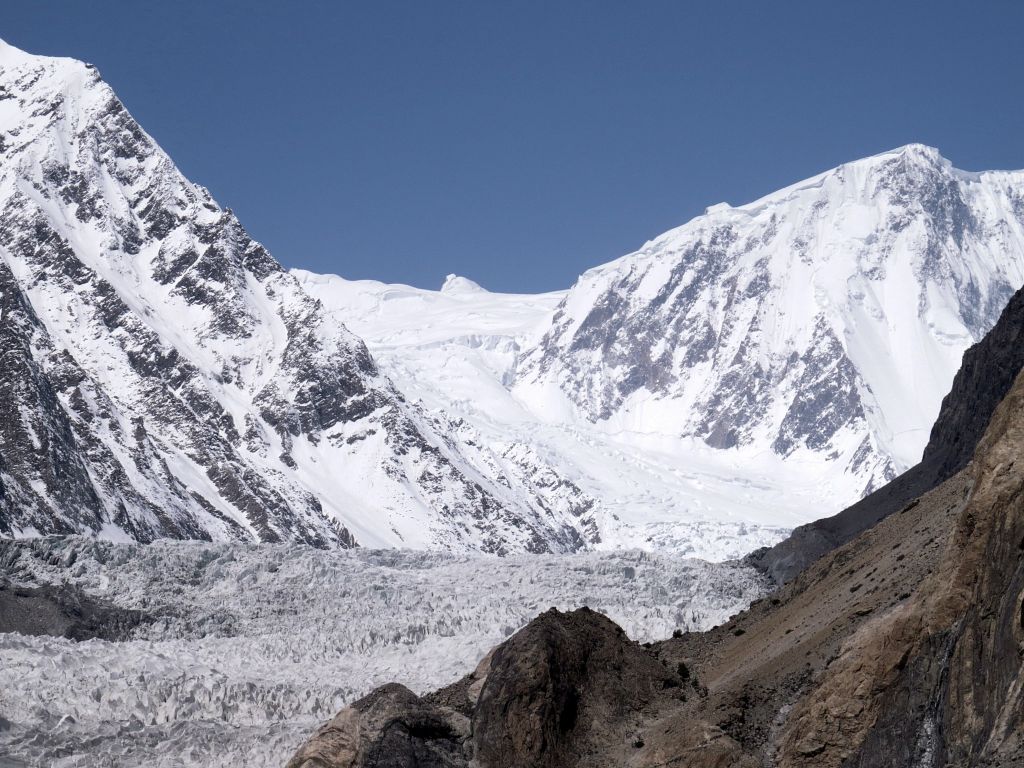
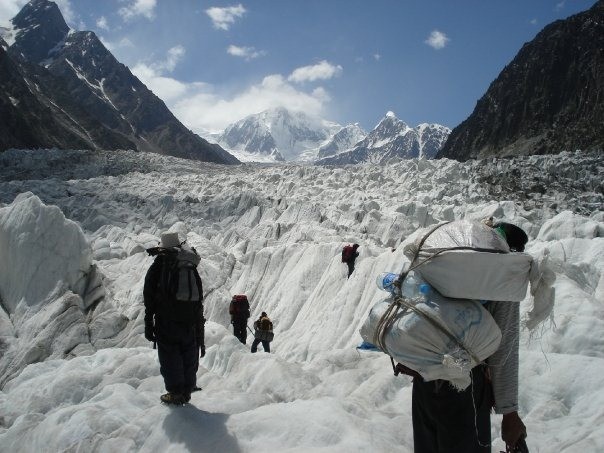
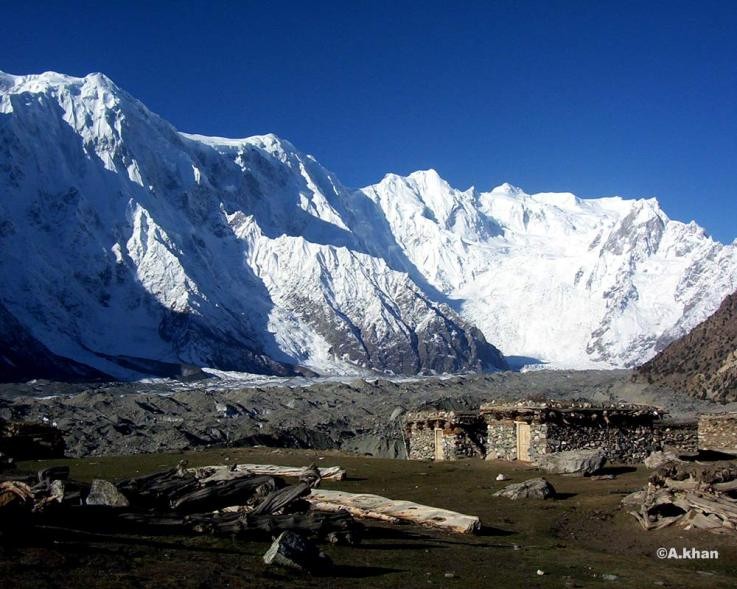
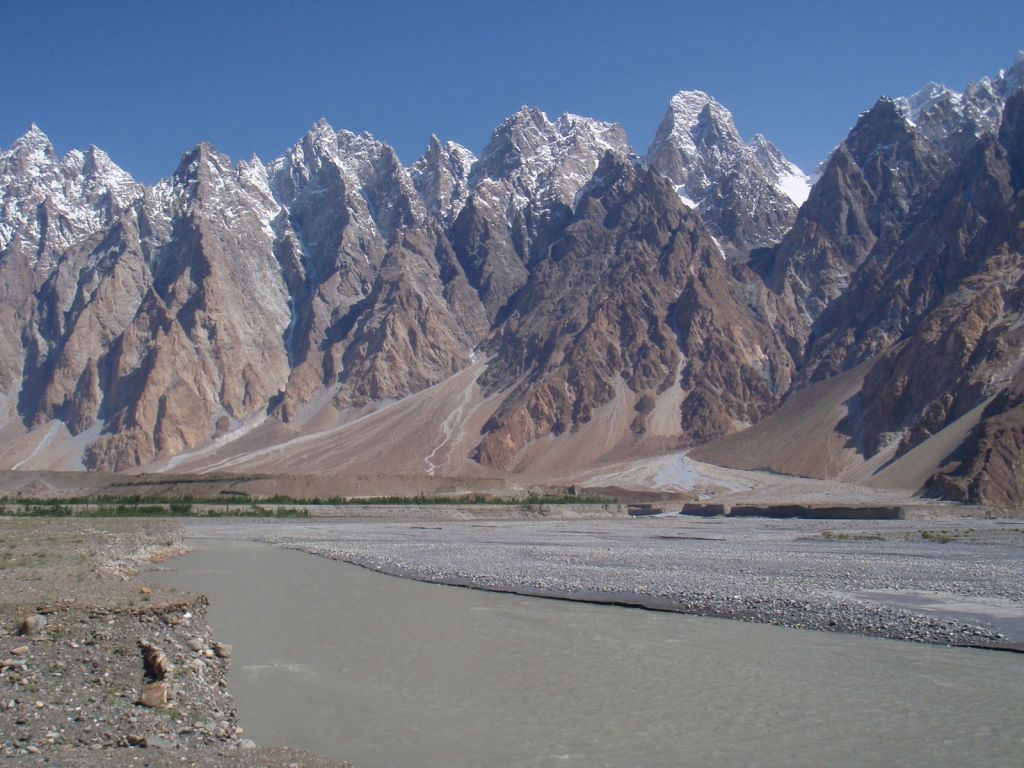
Intro
The most favorited region in Pakistan among travelers is without a doubt Hunza, an ex-princely state located in Gilgit-Baltistan and home to the Hunza Valley famous for its apricot and cherry blossoms and green fields in spring and colorful leaves of all kinds of tones during the fall. It’s also home to the Karakoram Highway, which runs through the Khunjerab Pass all the way into China’s Xjinjang.
Until 1974 this 10.101 sq km area was ruled by mirs (princes) and before the arrival of the Karakoram Highway the area was quite isolated due to the inaccessible terrain.
Our training course will take in Gojal, the upper part of Hunza, and neighboring Afghanistan and China where we will conquer the mighty Passu Glacier on the back of the Passu Peak, it is connected to several other glaciers such as the Batura Glacier. It’s the perfect training area, located in a magnificent setting and ideal for mastering the basics of climbing and mountaineering. Many people have a lifelong dream of climbing mountains such as Mount Everest, K2 or others, but don’t have the experience. We offer a first-class high quality training course in which you will learn the basics for mountaineering through ice climbing and trekking in the mountains.
Our local team consists of experienced experts which are certified and have assisted multiple expeditions all over the area. They will be with you at every step of the process and help you to develop your skills and confidence throughout the training. As Hunza is such a beautiful area you’ll be able to enjoy the wild beauty of the mountains and become one with nature. There is also a chance you might spot wild animals such as foxes, ibex, wolves or even snow leopards! During our trip you’ll also get the chance to visit historical places of interest such as the Baltit Fort and the Altit Fort of Karimabad and to get in contact with the friendly people of Hunza and get a deep insight into local culture and history.
We will stay in a hotel for a few nights, but for the rest of the trip you’ll be camping together with our team who’ll also take care of your daily meals and will make sure you’ll have a comfortable and safe stay.
Hunza: culture and history
Most of the population of Hunza lives in the lower part of the Hunza Valley and towards Gojal the villages become smaller and you’ll start to see less people. In the southern part we face Rakaposhi and towards the north we can see the Batura Muztagh mountain range. Near the town of Passu the high peaks of the Karakoram are intersected and in between the steep mountain walls we can find the Passu Glacier, connected to the 57 km long Batura Glacier, which will be the scenery of our adventure.
In Gojal the majority of the Hunzakuts (People from Hunza) are Wakhis, a Tajik group which already live in bordering China and the Wakhan Corridor in neighboring Afghanistan. The language Wakhi, is a Tajik dialect which belongs to the Iranian language family. In the central part of Hunza and Nagar the population is predominantly Burusho with Burushaski as their mother tongue. Because of their light skin tone, blue eyes and light hair legend has it that they’re descending from the Greek troops who once crossed Pakistan under Alexander The Great. Genetic research however links the Burusho to be related to the Sinti People.
In Gilgit and further down south we find the Shinaki with Shina as their native language.
Most of the people in Hunza speak Burushaski and Urdu and the region is one of the most literate in all of Pakistan. Some English is spoken and most people don’t feel too connected to the rest of Pakistan and see the other Pakistanis as foreigners.
Islam is the dominant religion with most of the people following the liberal Nizari Ismailism with the Aga Khan as their single imam. Aga Khan IV, who is also the owner of the Serena chain, has invested a lot in the local economy and has helped restore and maintain many historical buildings and mosques. There are very few ordinary shiites and sunnis in the region and there is still some influence of pre-Islamic shamanism.
The Karakoram valleys were governed by princely states for centuries and because of the narrow mountain trails over high cliffs the area was dreaded by foreign visitors such as the Chinese monks. The Hunza and Nagar princely states arose in the 15th century and were led by two brothers. War between the two states was common and in the 16th century Shia Islam found its way into the region, coming from Baltistan.
The states stayed independent and both the British and the Russians tried to impose their power over the region and after several conflights the British appointed their own vassal. With the partition of India in 1947, the mir of Hunza almost immediately opted to join Pakistan. However, the Maharaja of Jammu and Kashmir chose India, which led to the First Kashmir War. At the end of this war, Hunza was deep in Pakistani territory and would remain so during later wars.
For many centuries the main access road from Swat across Gilgit and Chilas was only passable for pedestrians and not pack animals. One had to get permission from the locals to enter. In 1971 the Karakoram Highway between Islamabad and Gilgit was completed and in 1980 the pass with China opened.
In 1974, four years after the first free elections in Pakistan, Hunza and Nagar were no longer ruled by princes and formed the Northern Areas with Gilgit as their administrative center, although with limited power. In 2009 the parliament in Gilgit obtained real political power and the province was now called Gilgit-Baltistan.
Find below our itinerary.
There is the luxury option of using the best hotels where available, in which we always go for the outstanding Serena Hotels with the best service and facilities in all of Pakistan. The Serena Hotel in Karimabad for instance is beautifully located in an ancient fort with magnificent views. We also offer a budget package using cheaper hotels where available choosing the best value for your money.
Itinerary
Day 1: Arrival in Islamabad Serena ***** / Hill View ***
Today you’ll be received at the airport of Islamabad and brought to your hotel.
Day 2: Islamabad – Gilgit Serena Altit Fort *** / Hill Top **
We’ll take the scenic flight from Islamabad to Gilgit with magnificent views over the mountains. If the flight is somehow canceled we’ll have to drive (at extra expense) overnight at the Shangrila Hotel in Chilas.
Day 3: Karimabad Serena Altit Fort *** / Hill Top **
Today you’ll have a free day in Karimabad in which you can enjoy visiting the forts and the historical part of town. You’ll be amazed by the beauty of the town and the surroundings, the inviting people and the charming atmosphere.
Day 4: Borith Lake and Passu Gar
We’ll drive towards Borith Lake, around 2.600 meters above sea level, followed by trekking to Passu Gar at an altitude of 3.300 m. The lake is home to migrating wildfowl and other birds and is often visited by birders to watch the large flocks of ducks migrating from southern Pakistan.
Day 5, 6 and 7: Ice Climbing course
These three days are dedicated to ice climbing. Our experts will give you thorough training on how to carefully proceed on ice. We will take our time, use a healthy pace and by the end you’ll feel that your skills will have much improved. We will stay at the same camp.
Day 8: Back to Borith Lake and Hotel
We’ll trek back all the way to the lake after which we will go to the hotel and enjoy a hot shower and a well deserved rest.
Day 9 : Gilgit and flight back to Islamabad
After a beautiful three-hour drive you’ll be brought to the airport of Gilgit from where you’ll take your flight back to Islamabad. If the flight is canceled we’ll have to go overland to Islamabad with overnight in between, so best to calculate two buffer days before flying out of Pakistan.
Included:
– Standard accommodation as per itinerary as per package
– Daily breakfast, lunch and dinner (except in Islamabad)
– Transport (4WD and flights)
– English speaking professional climbing guide (certified) and supporting team (porters, cook, etc)
– Camping equipment: tents, kitchen tent, toilet tent, mess tent, mattress, chairs, tables, etc
– Carrying 12 kg of members’ personal luggage by porters
Not included:
– Entrance fees at points of interest such as forts etc
– Medical kits
– Drinks
– Climbing equipment and extra luggage
Price:
1 person: 8.399 usd
2 persons: 4.199 usd per perosn
3 persons: 3.399 usd per person
4 persons: 2.999 usd per person
** Single supplement: 750 usd
Our mountain specialists:
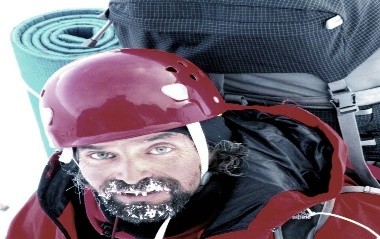 | Hailing from Karimabad, Hunza, Safdar speaks English and Spanish. Safdar is an expert mountaineer and guide for over three decades now. He has been working with many adventure groups and mountaineering expeditions from different countries. He is instrumental in exploring some new treks and climbing routes. |
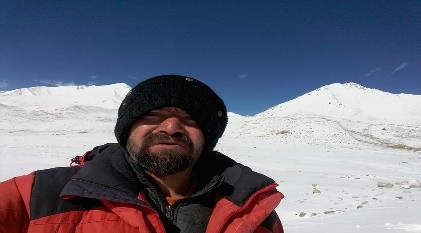 | Born in Karimabad, Hunza, Mohammad speaks English. he is an expert mountaineer and guide for over two decades now. He has been working with many adventure groups and mountaineers from all over the world. He is a very tough campaigner and team player. |
